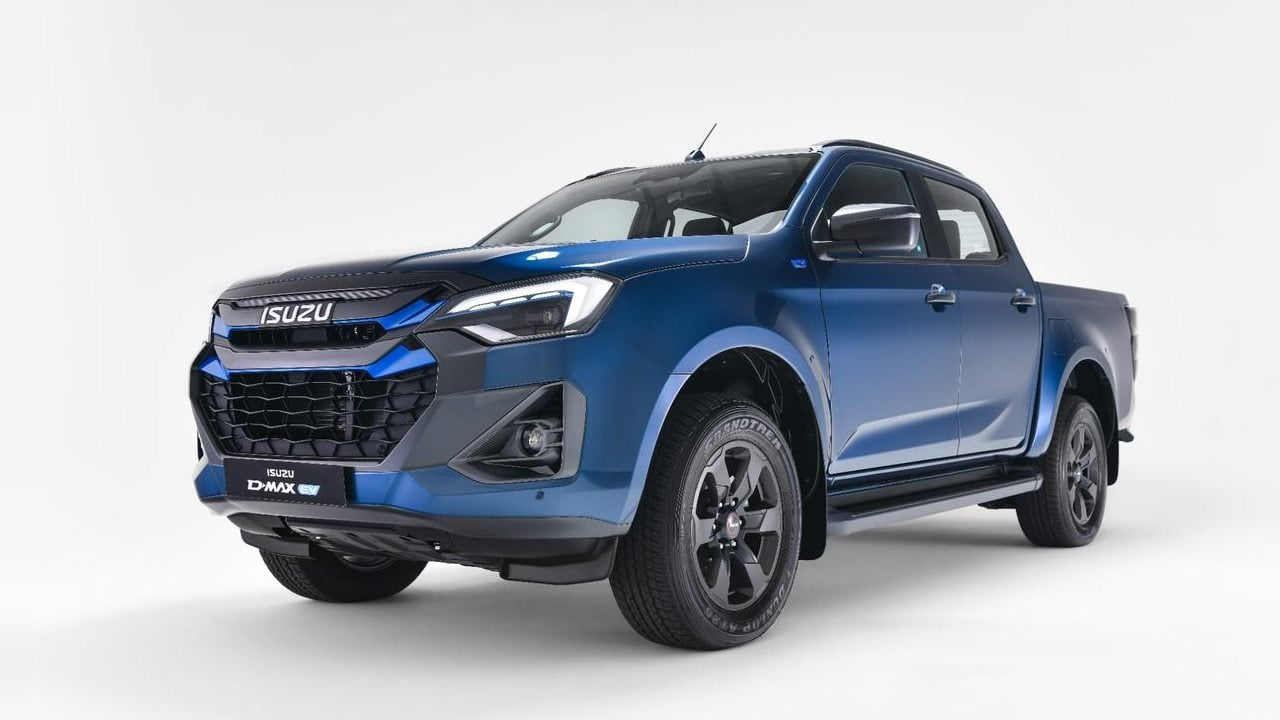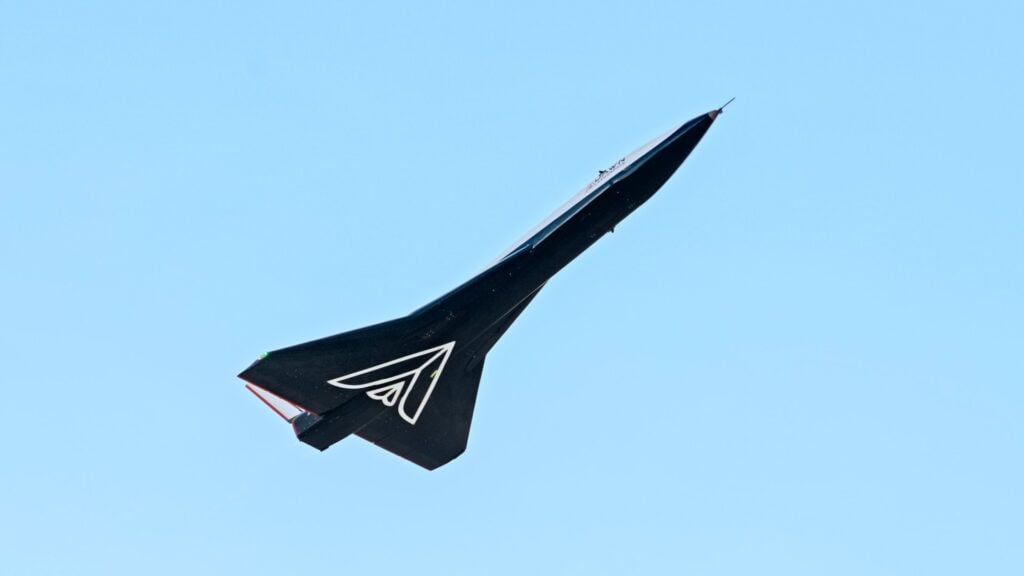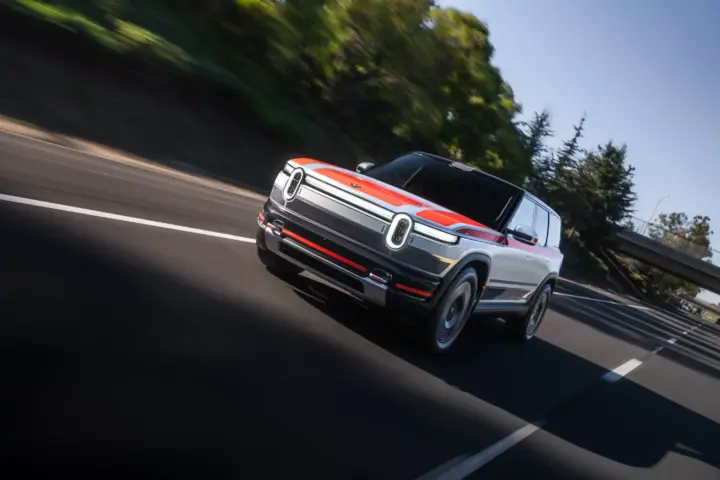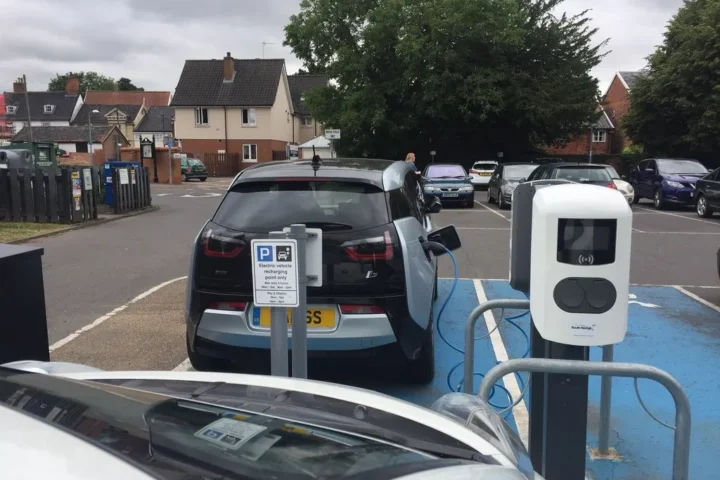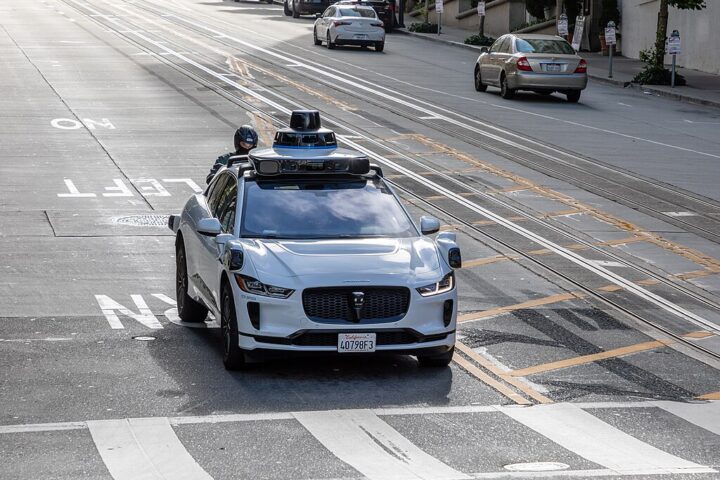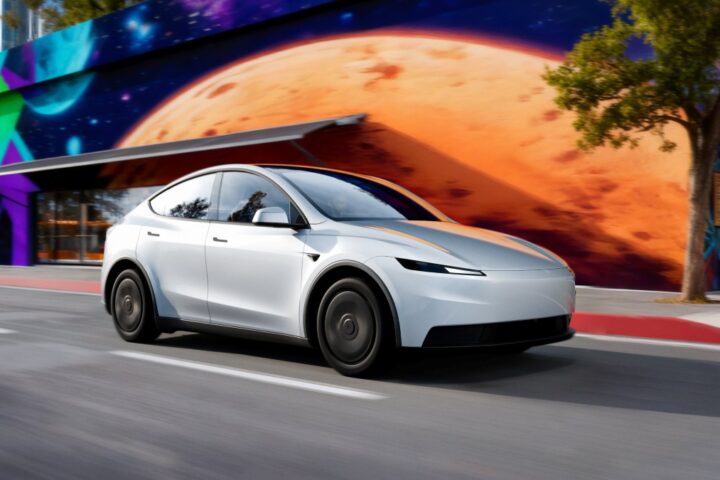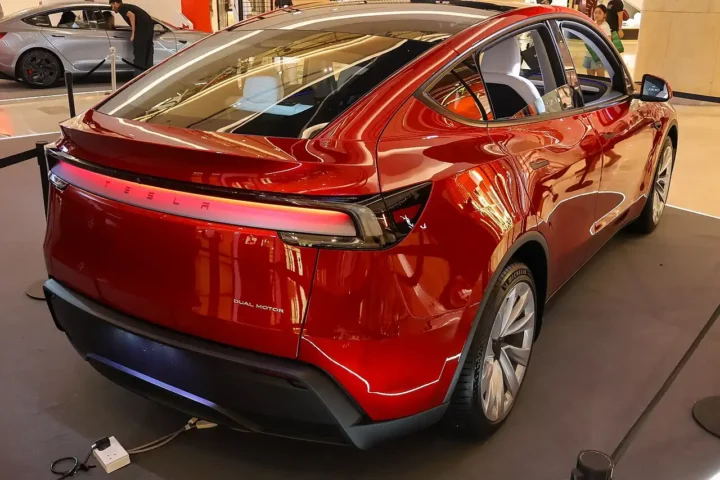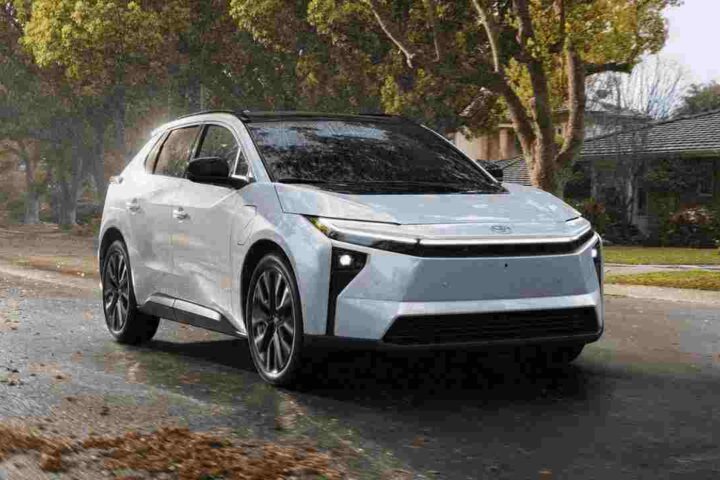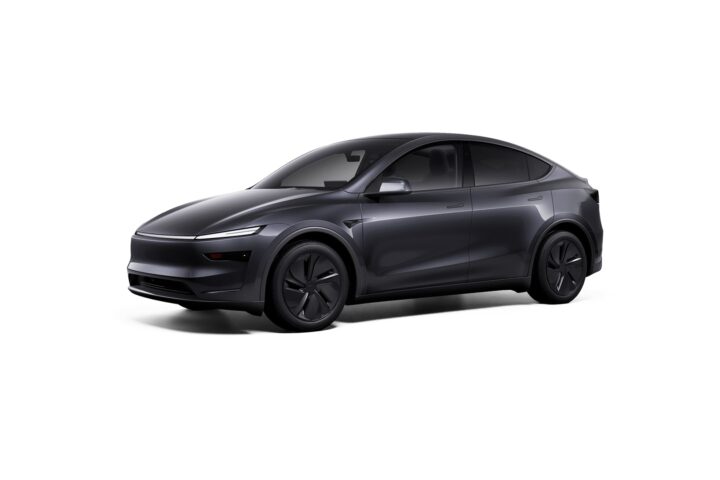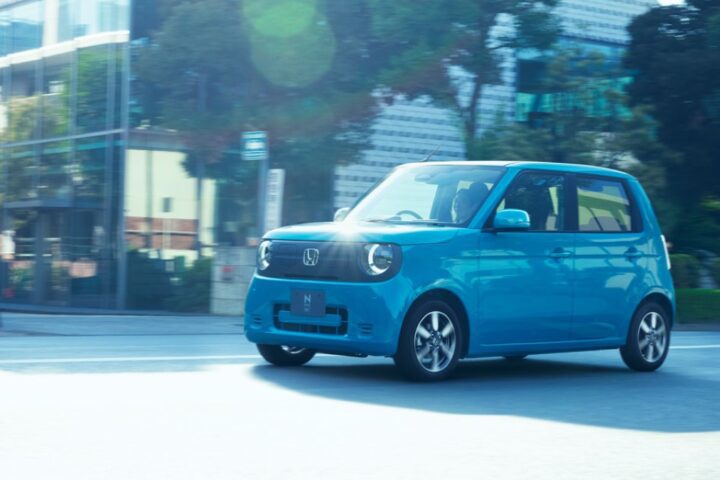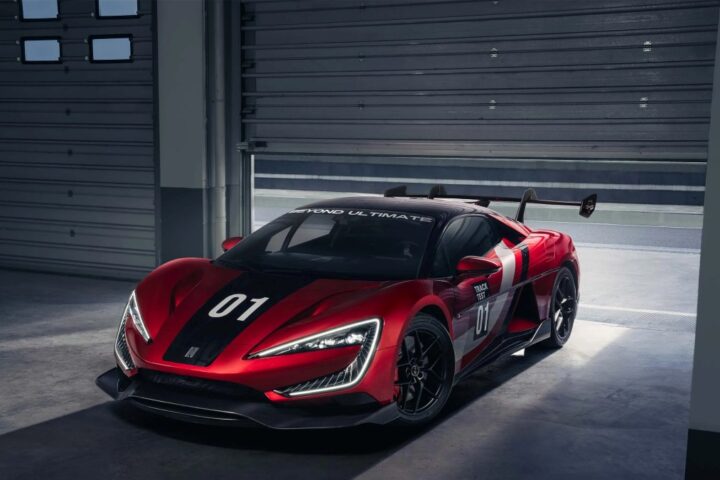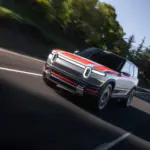Isuzu Motors has begun mass production of its first fully electric pickup truck in Thailand, marking a significant step in the company’s shift toward electrification. The D-Max EV maintains the rugged capabilities of its diesel counterpart while adding battery power to the popular truck model.
Production of left-hand-drive models started in April 2025, with the first vehicles heading to European markets in the third quarter of this year. Right-hand-drive versions for the UK, Australia, and other markets will begin production later in 2025, with sales starting in 2026.
“We have engineered a fully electric pick-up that truly performs in real-world working environments, offering the same towing, payload, and all-terrain capability customers expect from the D-Max,” said Yasuhiro Takeuchi, Executive Vice President of Isuzu Motors International Operations in Thailand.
Electric Power Meets Work Truck Capability
The D-Max EV uses a dual-motor setup that produces 140 kW (188-190 hp) and 325 Nm of torque. It features a full-time 4×4 system with newly developed electric axles front and rear. While not breaking speed records, the truck can reach over 130 km/h (80 mph) and accelerate from 0-100 km/h in 10.1 seconds.
More importantly for work users, the electric D-Max matches its diesel sibling’s 3,500 kg (7,716 lbs) towing capacity. Its payload capacity of 1,010 kg (2,226 lbs) is only slightly less than the diesel version’s 1,200 kg limit.
A 66.9 kWh lithium-ion battery powers the truck, providing a WLTP-rated range of 263 km (163 miles) in mixed driving conditions. In city driving, where stop-and-go traffic allows for more regenerative braking, the range increases to 361 km (224 miles).
Practical Charging for Working Life
For overnight charging, the D-Max EV supports 11 kW AC charging, which takes about 10 hours to fill the battery completely. During the workday, 50 kW DC fast charging can bring the battery from 20% to 80% in approximately one hour.
These charging speeds, while not as fast as some newer electric vehicles, align with the D-Max EV’s focus on practical commercial use rather than competing with premium electric trucks.
Similar Posts
Built for Rough Terrain
The electric pickup keeps the off-road capability expected from the D-Max name. Ground clearance stands at 210 mm (8.2 inches), with a wading depth of nearly 600 mm (24 inches). The truck features approach and departure angles of 30.5 and 24.2 degrees, respectively.
A special “Rough Terrain Mode” optimizes the electric powertrain for challenging off-road conditions. The D-Max EV also introduces a new De-Dion rear suspension system, replacing the traditional leaf springs found in the diesel model. This design improves ride comfort and handling while maintaining load capacity.
Familiar Design With Electric Touches
Visually, the D-Max EV closely resembles its diesel counterpart, with subtle changes to signal its electric powertrain. These include a closed-off front grille and restyled LED headlights. The truck will be available in both Double Cab and Extended Cab configurations.
Inside, the electric pickup includes modern features like a touchscreen infotainment system with Apple CarPlay and Android Auto, a digital driver’s display, dual-zone climate control, heated front seats, and parking sensors front and rear.
Targeting Commercial and Private Users
Isuzu is positioning the D-Max EV for both commercial fleet operators and private owners. While pricing hasn’t been announced, industry observers expect it will carry a premium over the diesel version, which starts around €36,500 in Europe.
Alan Able, Managing Director of Isuzu UK, emphasized the importance of the model: “This milestone represents a major step forward in our electrification journey, and we’re thrilled to be leading the charge here in the UK.”
The truck made its public debut at the 2025 Commercial Vehicle Show in Birmingham, UK, highlighting its focus on the commercial market. It’s expected to help Isuzu meet increasingly strict emissions regulations in various markets, including Europe’s stringent targets and Australia’s proposed New Vehicle Efficiency Standard.
With an 8-year/100,000-mile battery warranty, the D-Max EV aims to reassure buyers concerned about the longevity of electric vehicle batteries in demanding work environments.
